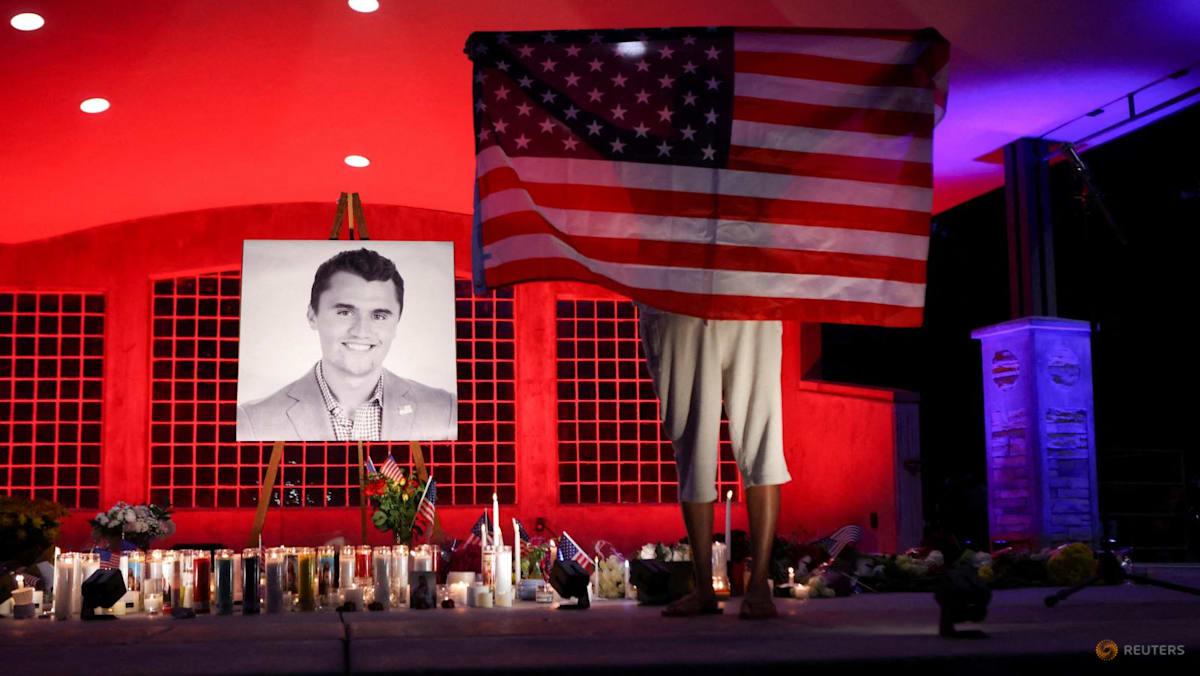A LONGING FOR CONNECTION
Responses to this rupturing and reshaping of life that was once taken for granted can range from psychological discomfort to murderous rage, as the world has just seen with Kirk’s assassination.
The US president, Donald Trump, understands this response and exacerbates it. He focuses on law and order, dystopian cities and out of control borders. He talks of a third world war not being far away, increasing anxiety and the subsequent desire for firmer ground, or a strong leader, to hang on to.
“Liberal” criticism of nationalist or populist responses neglects the pain some feel in managing change and the fears of being unsafe that go with it. This entrenches divisions further. More than just “angry Trump supporters” suffering from the loss of conservative leadership, the 2024 US election results suggest there is a broad spectrum of people who felt uncomfortable with a changing America that Democrats were held responsible for.
This is what Kirk tapped into and is encapsulated by Ines, one of the Gen Z participants in my research. She said, “Generations that are growing up now don’t know a world where there wasn’t a school shooting every week … we were born into disaster and like our world is literally dying. So it’s like our generation doesn’t know a time when things were safe and comfortable.”
These divisions – alongside increasing inequalities, the misinformation and disinformation spread on social media and paralysed political systems – appear to be sending us collectively backwards into violent autocracy.
Even if it doesn’t feel like it right now, we can find ways to handle change and the emotions that come with it. In every conversation I’ve had across the political spectrum in the US, people talk about wanting to be part of something bigger – to care about more than just themselves, or to feel safe again through community. There’s a longing to bring back a sense of connection and care.
Even at their most angry, conversations indicated a desire to live in meaningful, caring relationships. Without a doubt, too much love and the boundaries of community become hard and less adaptable to change. But connection can also hold the potential to work against feelings of loss, ambivalence, hate and subsequent violence.
Melissa Butcher is Professor Emeritus in Social and Cultural Geography at Royal Holloway, University of London.This commentary first appeared on The Conversation.
